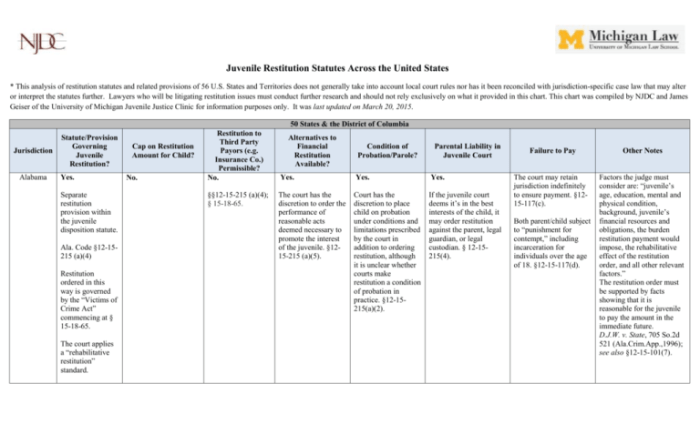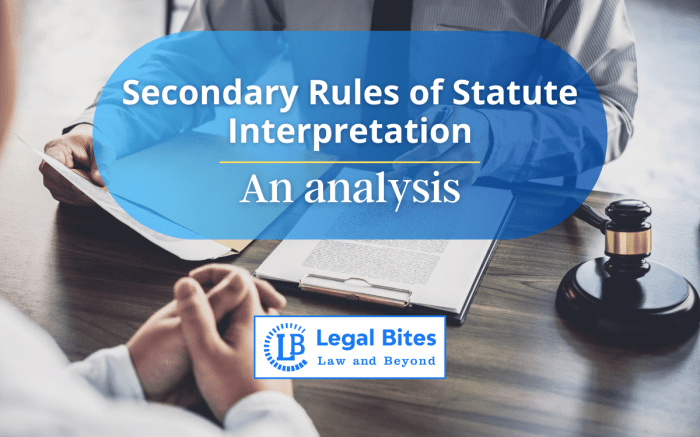Statutes and rules governing licensee activities – The regulatory landscape for licensees is shaped by a complex interplay of statutes and rules, providing the framework for ethical conduct and professional standards. This article delves into the statutory provisions, administrative regulations, and case law that govern licensee activities, exploring their purpose, scope, and implications.
Statutory provisions establish the legal foundation for licensee regulation, outlining licensing procedures, ethical obligations, and standards of conduct. Administrative agencies play a crucial role in制定 regulations that provide specific guidance and requirements for licensees. Case law and judicial interpretations further refine the regulatory framework, shaping how courts interpret and apply legal provisions in specific cases.
Statutes and Rules Governing Licensee Activities

Statutes and rules form the legal framework that governs the activities of licensees in various professions and industries. These provisions establish the requirements, standards of conduct, and ethical obligations that licensees must adhere to in their professional practice.
1. Statutory Provisions Governing Licensee Activities, Statutes and rules governing licensee activities
Statutory provisions provide the overarching legal framework for licensee activities. These statutes typically establish the licensing requirements, including eligibility criteria, application procedures, and renewal processes. They also define the scope of practice for licensees, outlining the specific activities that they are authorized to perform.
Statutes often include ethical obligations for licensees, such as maintaining confidentiality, avoiding conflicts of interest, and acting in the best interests of clients or the public. Additionally, statutes may establish standards of conduct, such as requirements for continuing education, professional development, and adherence to professional codes of ethics.
2. Administrative Rules and Regulations
Administrative agencies play a significant role in developing and implementing rules and regulations that govern licensee activities. These rules and regulations provide more detailed guidance on the statutory provisions and establish specific requirements for licensees to follow.
The process for developing and implementing administrative rules and regulations typically involves stakeholder input, public hearings, and a formal rulemaking process. Once adopted, these rules and regulations have the force of law and are binding on licensees.
Administrative rules and regulations may cover a wide range of topics, such as specific practice standards, ethical guidelines, continuing education requirements, and disciplinary procedures.
Essential Questionnaire
What are the key provisions of statutes governing licensee activities?
Statutes typically Artikel licensing procedures, ethical obligations, and standards of conduct that licensees must adhere to.
How do administrative agencies contribute to licensee regulation?
Administrative agencies develop and implement regulations that provide specific requirements and guidance for licensees.
What is the role of case law in interpreting statutes and rules governing licensee activities?
Case law provides judicial interpretations of legal provisions, shaping how courts apply them in specific cases and influencing the development of licensee regulations.


